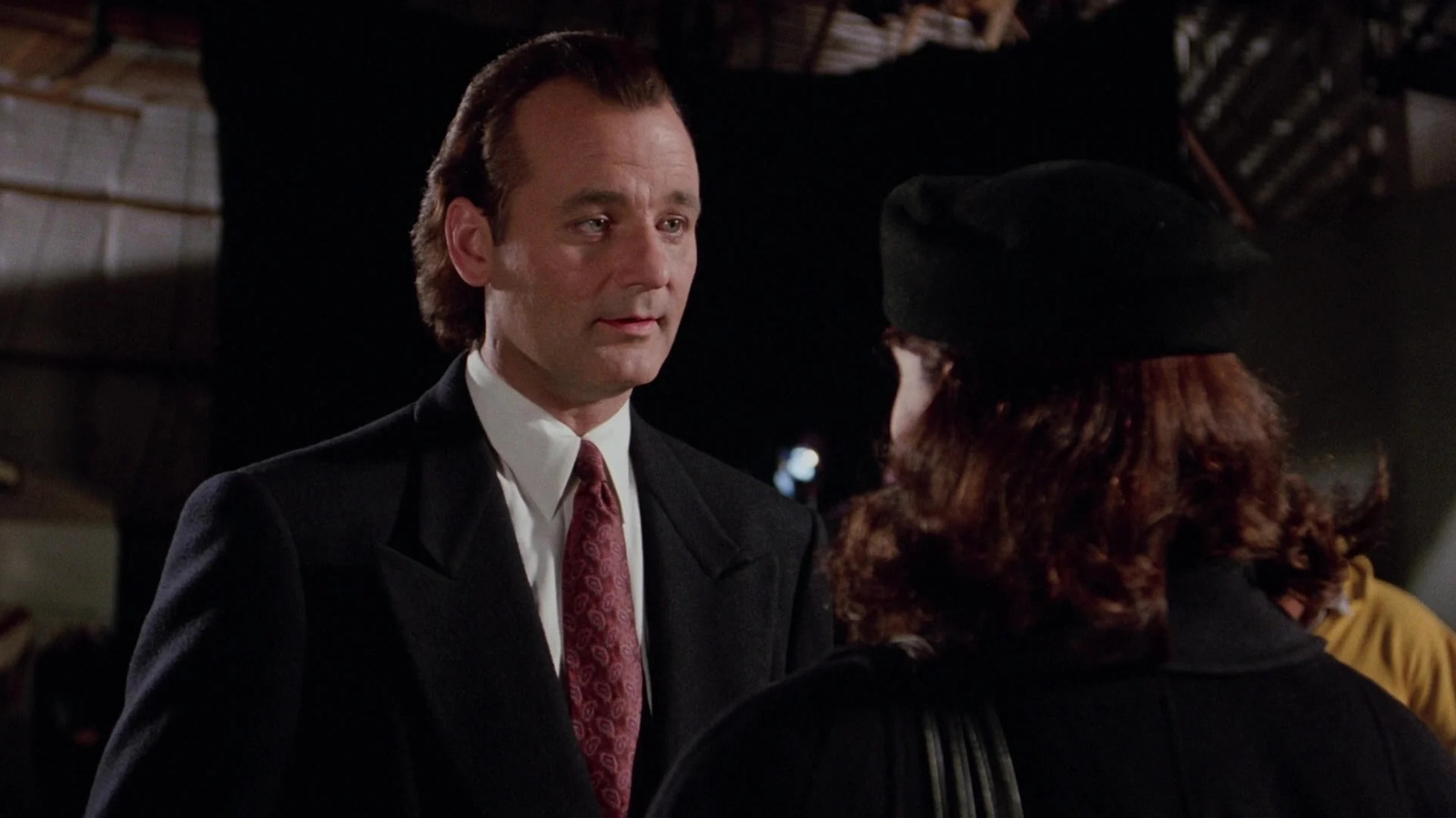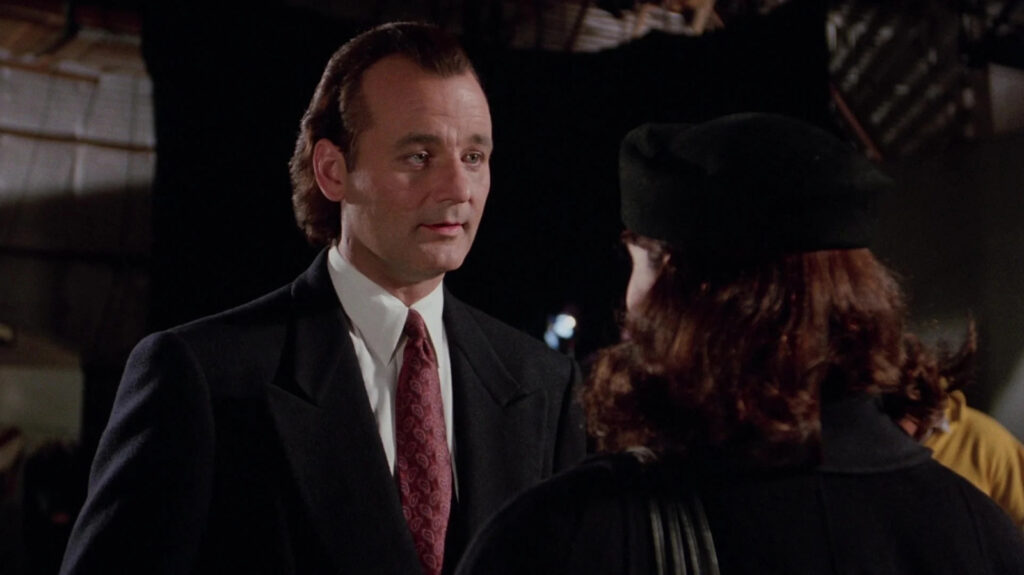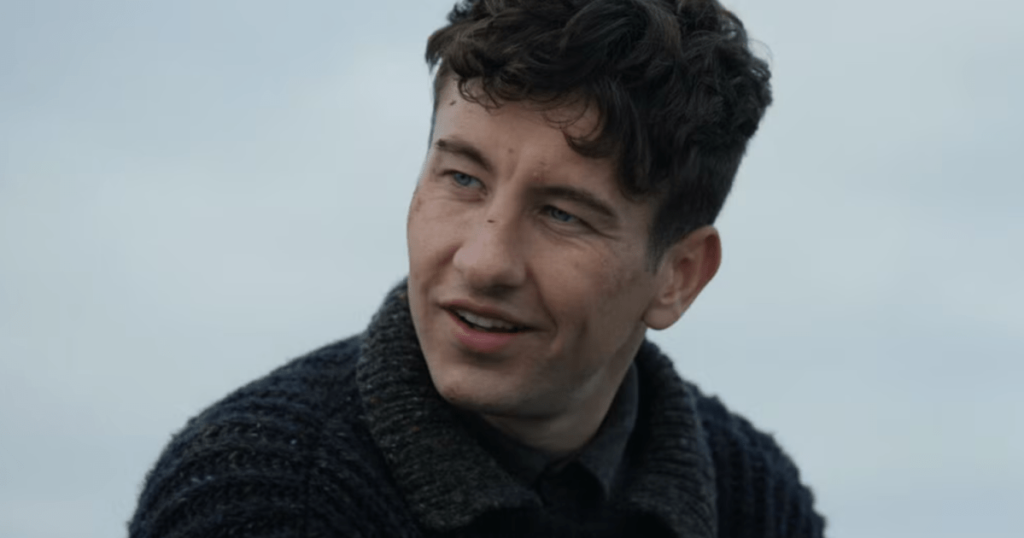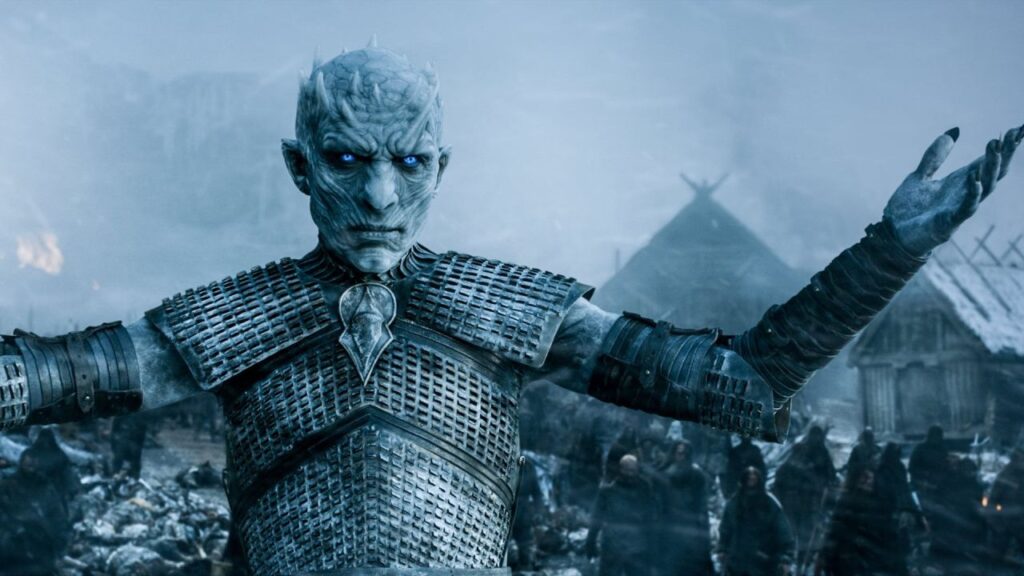
Charles Dickens’ “A Christmas Carol” was first published in 1843. It was an instant success, quickly and deeply branding itself into the British consciousness. The story became widely spread, and soon other enterprising authors were eager to jump on Dickens’ coattails; as early as 1844, “A Christmas Carol” was adapted to the stage no less than three times. After Dickens himself finished writing “David Copperfield” in 1853, he began giving live readings of a truncated version of his tale. He then proceeded to read the story for live, paying audiences every year for the next 17 years.
The story of “A Christmas Carol” follows a wealthy miser named Ebenezer Scrooge who … Wait, what am I doing? You know the story of “A Christmas Carol.” It’s one of the most famous, enduring, and otherwise repeated stories in the history of Western literature.
In 1901, the relatively novel medium of film got its hand on “A Christmas Carol” with a movie called “Scrooge, or, Marley’s Ghost.” That film is now lost to time, but it kicked open the doors to a slew of film and TV adaptations of “Carol” that now measures in the hundreds. There have been so many “Christmas Carol” re-imaginings that it’s hard to even measure which ones are the most well-known to a mass audience. Many of them are now replayed in households all over the world at Christmastime, and you, dear reader, likely have a favorite version. Which one is it? The one with the Muppets that almost included a puppet version of Dickens himself? The one with George C. Scott? Alastair Sim? Albert Finney? Scrooge McDuck? That 2019 horror-flavored “Christmas Carol” miniseries/TV movie?
In 1988, director Richard Donner cleverly updated “A Christmas Carol” for the yuppie era, re-imagining Scrooge as a selfish Reaganite TV executive named Frank Cross. Frank, played by Bill Murray, was indeed visited by three ghosts to point out to him that his evil, money-grubbing ways are fruitless, lighting fools the way to dusty death, but all in a late-20th-century context. The film, called “Scrooged,” is currently tearing up the charts over on Prime Video, having cracked the streamer’s top 10 (per FlixPatrol).
Scrooged is an update of A Christmas Carol for the yuppie era
One can tell by Danny Elfman’s haunting score that “Scrooged” was initially intended to be a straight-up horror film. It might have been Murray’s presence that pushed the film in a more comedic direction, although the visuals are still dark and unsettling. Indeed, “Scrooged” very much looks like a movie that wants to scare you.
In Donner’s version, the Ghost of Christmas Past (David Johanson) is a fast-talking New Jersey cab driver who drives Frank into his own unhappy childhood. The Ghost of Christmas Present (Carol Kane), on the other hand, is a sparkling sylph with a penchant for closed-fist punches to the face, while the Ghost of Christmas Yet to Come is a 10-foot quilt monster with tortured souls hiding underneath its robes. Marley’s ghost is likewise reimagined as a sunglasses-wearing amiable corpse played by John Forsythe. Belle is now Claire, played by Karen Allen. There is also a Bob Cratchit-type character played by Alfre Woodard and a Tiny Tim-style character played by Nicholas Phillips. Bob Goldthwait even appears as a jilted employee seeking revenge against Frank.
Murray’s Scrooge is an excellent update of the character. Rather than being a miserly grump, Frank Cross is a fast-talking, anger-driven boardroom demon. He uses sarcasm to cut his victims and feels no remorse. This is the most despicable version of Scrooge to date.
In a metaphysical twist, Frank Cross is visited by his three ghosts on the same night his TV network is producing a live broadcast of “A Christmas Carol,” so there is a strange media commentary lurking in the background. The ultra-wealthy may have heard the story of Ebeneezer Scrooge a hundred times, but are still too evil, cruel, and avaricious to understand that Scrooge is an avatar of them. Frank only reforms himself when faced with his own mortality and his own acknowledgment of the harm he has done.
Watching “Scrooged,” one will happily start envisioning some of the real oligarchs of the 2020s undergoing a similar redemption. There’s likely a reason why “Scrooged” is so popular, even 36 years later.


